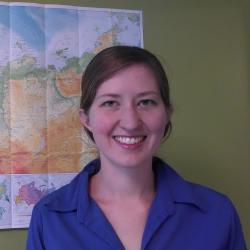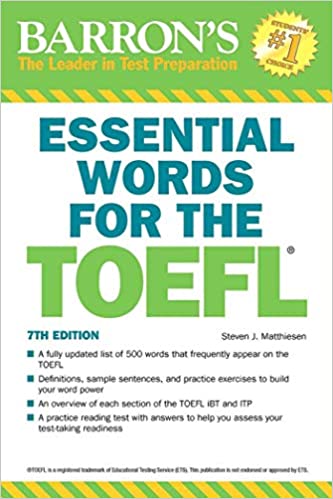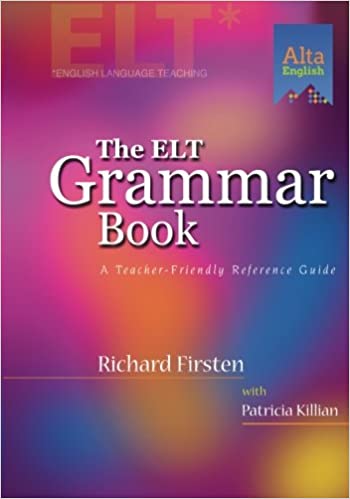One of the main keys to doing better on the listening section is taking notes that are complete without taking your attention from the recordings. The more you practice note-taking, the more natural (and speedy) it will become. Check out these tips to increase your speed in note-taking.
Create a code (shorten words)
Save time by standardizing your note-taking. Use the same abbreviations for commonly-occurring words or phrases. Omit small words like “the” or “be.” Once you’ve used a key term once, start abbreviating it. Remember, you’re the only one that needs to be able to understand your notes. By using mathematical symbols, arrows, and shapes, you can indicate relationships in as few strokes of the pen as possible.
Use space effectively
The words you write on the page don’t have to contain all of the information. You can use the structure of your paper—the white space—to help make relationships and structure more clear. As you write, skip spaces. This will save you time later, since you can go back and add more information as it is mentioned, which will prevent you from having to restate main topics once you’ve written them once.
Also, use a consistent structure that organizes the ideas from most to least important. For instance, many people put more important ideas further to the left, and less important ideas further to the right. Use symbols like stars and exclamation points in the margins of the page so you can find important information faster.
Emphasize the important things
Once you’ve developed a good code, you may be tempted to use it all the time. Generally speaking, this isn’t a problem. You can paraphrase a professor’s words, abbreviate key terms (as long as you don’t forget them), and write in fragments with no problem. But pay attention to the professor’s tone. With practice, you’ll be able to predict that some sentences from the lecture are likely to be tested, especially for function and attitude questions. So if something particular from the lecture sounds like an idea that will be asked about in the questions, write it one or two complete words so you can find it easily when the time comes.





